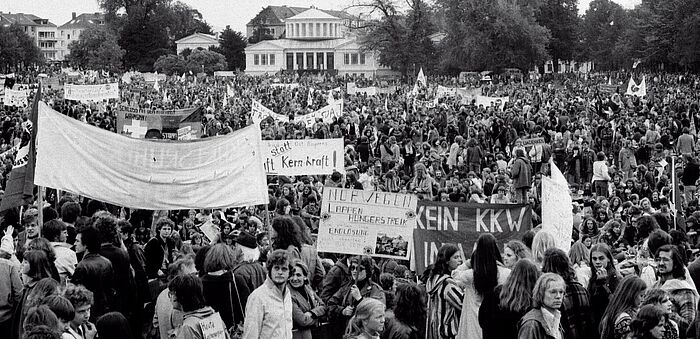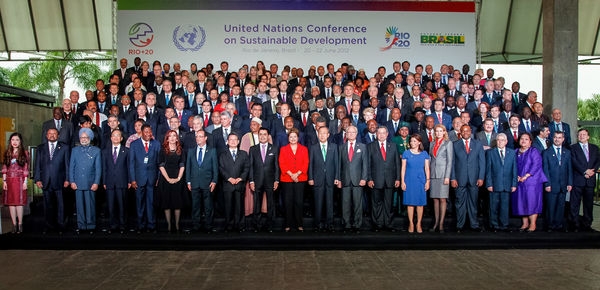- The Institute
- Research
- Dictatorships in the 20th Century
- Democracies and their Historical Self-Perceptions
- Transformations in Most Recent History
- International and Transnational Relations
- Edited Source Collections
- Dissertation Projects
- Completed Projects
- Dokumentation Obersalzberg
- Center for Holocaust Studies
- Berlin Center for Cold War Studies
- Publications
- Vierteljahrshefte
- The Archives
- Library
- Center for Holocaust Studies
- News
- Dates
- Press
- Recent Publications
- News from the Institute
- Topics
- Munich 1972
- Confronting Decline
- Feminist, Pacifist, Provocateur
- Der Mauerbau als Audiowalk
- Digital Contemporary History
- Transportation in Germany
- Envisaged Futures at the End of the Cold War
- From the Reichsbank to the Bundesbank
- German Federal Chancellery
- History of Sustainabilities: Discourses and Practices since the 1970s
- Changing Work
- Democratic Culture and the Nazi Past
- The History of the Treuhandanstalt
- Foreign Policy Documentation (AAPD)
- Dokumentation Obersalzberg
- Hitler, Mein Kampf. A Critical Edition
- "Man hört, man spricht"
- Dates
- Press
- Recent Publications
- News from the Institute
- Topics
- Munich 1972
- Confronting Decline
- Feminist, Pacifist, Provocateur
- Der Mauerbau als Audiowalk
- Digital Contemporary History
- Transportation in Germany
- Envisaged Futures at the End of the Cold War
- From the Reichsbank to the Bundesbank
- German Federal Chancellery
- History of Sustainabilities: Discourses and Practices since the 1970s
- Changing Work
- Democratic Culture and the Nazi Past
- The History of the Treuhandanstalt
- Foreign Policy Documentation (AAPD)
- Dokumentation Obersalzberg
- Hitler, Mein Kampf. A Critical Edition
- "Man hört, man spricht"
History of Sustainabilities
Discourses and Practices since the 1970s
This research project focuses on the historical dimensions of “sustainability” since the 70s. The cooperative project, supported by the Leibniz Association and led by Elke Seefried, casts light on sustainability discourses and practices. Investigating the conflicting shades of meaning, patterns of order, and interests forming sustainability discourses, the project examines why certain discourses became predominant at particular times at the local, German, European as well as global levels. The subprojects also explore related practices on the part of actors and experts from the realms of politics, civil society movements, and business.

The project builds on previous work on the understanding of sustainability in the 18th and 19th centuries, while concentrating on the period of the 1970s through the 2000s, in which the term expanded from a concept related to forestry and fishery to be used in a variety of contexts with a wide variety of aims. The project seeks to historicize and contextualize the topic within contemporary history, as sustainability discourse has grown ubiquitous, becoming essential to the understanding of current global environmental and developmental matters.

In addition to the Leibniz Institute for Contemporary History (IfZ), the joint project involves the Environmental Science Center (WZU) and the Chair for European Regional History and Bavarian and Swabian History at the University of Augsburg, the Herder Institute for Historical Research on East Central Europe – Institute of the Leibniz Association (Marburg), and other partners such as the Potsdam Institute for Climate Impact Research.
Individual projects at the IfZ focus on ecological discourses and energy policy in the Federal Republic of Germany and United Kingdom and the development of international climate policy. Felix Lieb's dissertation project considers historical relationships between the environment, Social Democratic party politics, and economic growth in Germany since the 1970s. The joint project also includes a PhD project on the corporate perspective of sustainability in Germany and the United Kingdom, carried out by Karen Froitzheim at the Environmental Science Center (WZU) of the University of Augsburg (https://www.wzu.uni-augsburg.de/team/Mitarbeiter/froitzheim/). Furthermore, Nadja Hendriks who is based at the Chair for European Regional/Bavarian and Swabian History at the University of Augsburg is pursuing a PhD project with the title “Global denken – lokal handeln? Nachhaltigkeit und andere Leitbilder lokaler Umweltdiskussionen in bayerischen Kommunen“ (“Thinking Globally – Acting Locally? Sustainability and Other Guiding Principles in Local Environmental Debates in Bavariarian Municipalities”) (https://www.philhist.uni-augsburg.de/lehrstuehle/geschichte/bayerische/mitarbeiterInnen/hendriks/). Sabina Kubekė’s PhD project on the sustainability discourse in Poland is being carried out at the Herder Institute for Historical Research on East Central Europe in Marburg (https://www.herder-institut.de/institut-personal/personal/personen/person/kubeke.html).
Picture Credits:
Image 1: Hans Weingartz (Own work) [CC BY-SA 3.0 de (http://creativecommons.org/licenses/by-sa/3.0/de/deed.en)], via Wikimedia Commons
Image 2: Blog do Planalto (Flickr: Quarta-feira, 20 de junho) [CC BY-SA 2.0 (http://creativecommons.org/licenses/by-sa/2.0)], via Wikimedia Commons
Title Image: Picture of Earth taken during the flight of Apollo 17 to the moon on 7. Dezember 1972, by NASA/Apollo 17 crew; taken by either Harrison Schmitt or Ron Evans [Public domain], via Wikimedia Commons (Bildbearbeitung)



